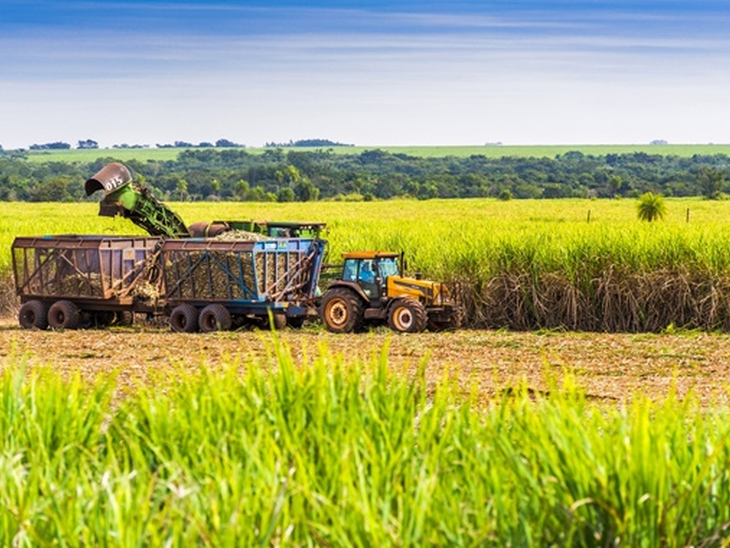
 Ethanol
Ethanol
T&B Petroleum/Press Office Fapesp

A study conducted at the School of Agriculture “Luiz de Queiroz” at the University of São Paulo (Esalq-USP) discusses sustainable ways of growing sugar cane for the production of bioenergy.
The research was coordinated by Professor Maurício Roberto Cherubin, from Esalq-USP, and is supported by FAPESP under the FAPESP Bioenergy Research Program (BIOEN). The results were published in an article in the scientific journal Land, entitled “Land Use and Management Effects on Sustainable Sugarcane-Derived Bioenergy”.
According to the authors, bioenergy derived from sugar cane is a sustainable option to face climate change and, at the same time, it provides other essential ecosystem services and promotes socioeconomic development.
“In this work, we demonstrate the most sustainable land use change strategies for the expansion of culture, conservation management practices, with harvesting without burning, reduced soil preparation, rational management of straw, good fertilization practices and waste recycling organic products, which have been used by most Brazilian producers. In addition, we emphasize the importance of public policies that encourage the production of bioenergy in the country, such as RenovaBio ”, points out Cherubin, in an interview with Esalq's Communication Division.
The research shows the performance of sugarcane through various sustainability indicators. The study's co-author, Professor Glaucia Mendes Souza, from USP's Chemistry Institute, reports that there was an evolution in the production of bioenergy derived from sugar cane without a significant increase in the area of pasture in Latin American countries and Caribbean and Sub-Saharan Africa in recent years.
"This reflects not only the increase in productivity in the field, but also the increase in efficiency in the production of bioenergy in the industry", points out the professor.
* With information from the Communication Division of Esalq-USP
Contact us